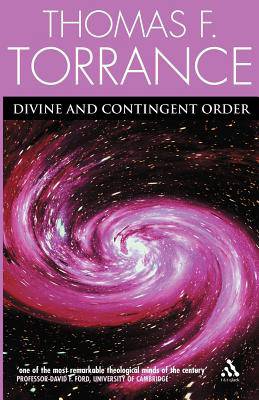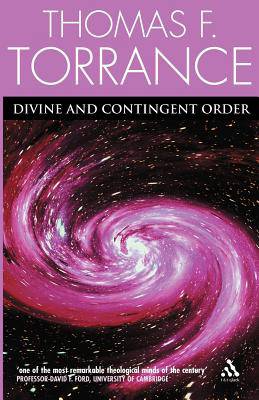
- Retrait gratuit dans votre magasin Club
- 7.000.000 titres dans notre catalogue
- Payer en toute sécurité
- Toujours un magasin près de chez vous
- Retrait gratuit dans votre magasin Club
- 7.000.0000 titres dans notre catalogue
- Payer en toute sécurité
- Toujours un magasin près de chez vous
Description
This book examines the implications of the Judaeo-Christian claim for our understanding of the universe that it is contingent: freely created by God out of nothing, and having an existence, freedom, and rtional order of its own while still dependent on him.
Professor Torrance argues that this claim made possible the development of western empirical science, but that Newtonian physics obscured the connection between the rational order of nature and the Christian doctrine of creation. He shows how modern relativity and quantum theories have once againd rawn attention to the significance of contingence, and imply that the universe is found to be consistently rational only if it is dependent on a creative rationality beyond it. He considers finally the disorderly elements in the universe, both physical and moral, and argues that the doctrine of incarnation as well as of creation is necessary to deal with the intellectual problems which they raise.Spécifications
Parties prenantes
- Auteur(s) :
- Editeur:
Contenu
- Nombre de pages :
- 176
- Langue:
- Anglais
Caractéristiques
- EAN:
- 9780567043214
- Date de parution :
- 20-07-05
- Format:
- Livre broché
- Format numérique:
- Trade paperback (VS)
- Dimensions :
- 140 mm x 215 mm
- Poids :
- 249 g

Les avis
Nous publions uniquement les avis qui respectent les conditions requises. Consultez nos conditions pour les avis.






